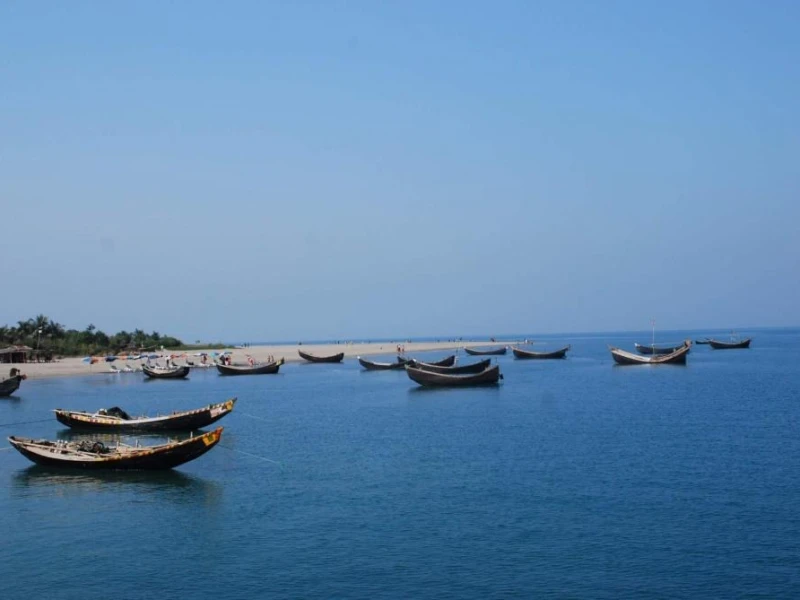The government has introduced a set of new directives to regulate tourism on Saint Martin’s Island, imposing fresh restrictions on travel, ticketing, and overnight stays in an effort to protect the country’s only coral island and its fragile ecosystem.
According to a circular issued by the Ministry of Environment, Forest and Climate Change on Wednesday, the Bangladesh Inland Water Transport Authority (BIWTA) will not permit any vessel to operate to or from Saint Martin’s Island without prior approval from the ministry.
Tourists must now purchase tickets exclusively through the Bangladesh Tourism Board’s approved online portal, where each ticket will include a Travel Pass and a QR Code. Any ticket without a valid QR Code will be considered counterfeit, the circular said.
The new guidelines also impose strict control over visiting schedules and the number of tourists allowed on the island. In November, tourists will only be allowed to visit during the day, with no permission for overnight stays. Overnight stays will be allowed in December and January, while tourist access to the island will be completely suspended throughout February.
The ministry further said that no more than 2,000 tourists will be allowed to visit the island per day.
To preserve the island’s natural environment, the ministry has banned all forms of nighttime beach lighting, loud music, and barbecues. Entering or collecting fruits from the Keora forests, as well as harming or trading marine turtles, birds, corals, crabs, shells, and other wildlife, has been strictly prohibited.
The movement of motorized vehicles such as motorcycles and sea bikes along the beach has also been completely banned.
Additionally, carrying polythene bags is prohibited, while the use of single-use plastics — including chip packets, plastic spoons, straws, mini soap and shampoo sachets, and small (500–1000 ml) plastic bottles — has been strongly discouraged. Tourists have been advised to carry reusable water flasks instead.
The government said it expects the implementation of these new measures to safeguard the island’s fragile ecosystem and unique biodiversity, making Saint Martin’s a model of responsible and eco-friendly tourism in Bangladesh.
The directives were issued under the Environment Conservation Act, 1995 (Act No. 1 of 1995) and in line with the Saint Martin’s Island Environment, Ecosystem, and Biodiversity Conservation and Eco-Tourism Guidelines, 2023.


 Prev Post :
Prev Post :
